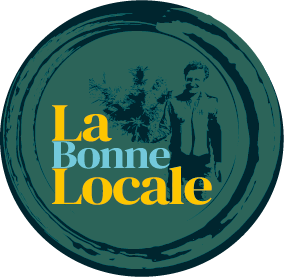Understanding the legal landscape of CBD is essential to demystifying its rise and acceptance. Unlike its notorious cousin, THC (tetrahydrocannabinol), CBD has followed a unique path through legislative frameworks.
This demarcation is essential: THC is the psychoactive compound responsible for the “high” associated with cannabis consumption. On the other hand, CBD offers therapeutic potential without causing euphoria or altering cognitive functions. This essential distinction has allowed CBD to carve out a legal space for itself, paving the way for research, cultivation and commercialization.
The legal status of CBD varies between countries, with some accepting it for medical and wellness purposes, while others maintain stricter regulations. It is essential that consumers are aware of local laws and regulations, as they play an important role in access and availability of the product.
As the legal framework continues to evolve, the clear distinction between CBD and THC serves as the basis for the general integration of CBD into various aspects of life, from wellness routines to medical treatments. In subsequent chapters, we will explore the implications of this legal status and how it has contributed to the widespread acceptance and use of CBD.
However, a decision of the Council of State of December 22, 2022 annulled the CBD decree prohibiting the sale of cannabis flowers and leaves without narcotic properties.
